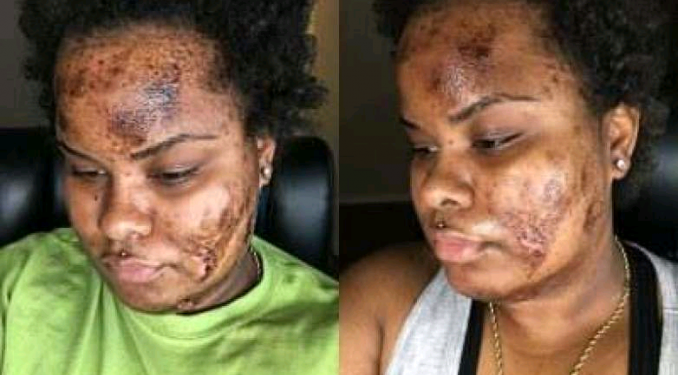Nigeria’s Minister of State for Health and Social Welfare, Dr Iziaq Salako, has expressed the need to revive the “Black is Beautiful” movement, celebrating Afrocentric beauty and dismantling harmful beauty standards.
Salako spoke at the regional awareness-raising workshop on eliminating lightening cosmetic products held in Gabon.
In a speech made available to News Agency of Nigeria (NAN), on Thursday, the minister called on influencers, celebrities, and community leaders to advocate for natural beauty and self-acceptance, challenging the myths surrounding lighter skin.
“Through collaborative efforts, we can address the root causes of skin-bleaching practices and promote healthier and more inclusive attitudes toward beauty,” he said.
He identified Nigeria as the “world capital” of skin bleaching, citing a World Health Organisation (WHO) report that 77 per cent of Nigerian women use skin-lightening products.
He said that other studies and surveys corroborated the high prevalence of skin bleaching in Nigeria.
He shared findings from the ministry’s Cosmetics Safety Management Programme (CSMP), which revealed that 52 per cent of manufacturers incorporate skin-lightening agents into their products.
Salako pointed out that many individuals substitute the term “toning” for bleaching, mistakenly considering it less harmful or entirely safe.
He emphasised the severe health risks posed by Skin-Lightening Products (SLPs), which often contain hazardous substances such as mercury, hydroquinone, steroids, and heavy metals like arsenic, lead, and cadmium.
“These substances can cause skin damage, organ toxicity, neurological complications, and cancer.
“The widespread use of SLPs in Africa, particularly in Nigeria, highlights the urgent need for targeted public health campaigns, stricter regulatory enforcement, and community-driven advocacy to combat the practice,” he said.
Salako commended the health ministry and the National Agency for Food and Drug Administration and Control (NAFDAC) for their proactive measures.
He listed such measures to nclude the 2019 Cosmetic Products (Prohibition of Bleaching Agents) Regulations, which prohibit harmful skin-bleaching agents like mercury, and limit hydroquinone concentration to two per cent.
“The CSMP has carried out sensitisation campaigns, grassroots advocacy, and training programmes to raise awareness about the dangers of skin bleaching.
“The government is also developing a guideline on the safety assessment of cosmetic products to strengthen regulatory oversight and ensure that all products meet international safety standards, ” he said.
NAN reports that Africa is fast becoming a hotspot for the usage of skin-lightening product.
According to a 2023 WHO fact sheet, the prevalence of skin bleaching among women varies across Africa.
“25 per cent of women in Mali use such products; 32 per cent in South Africa, 39 per cent in Ghana, 50 per cent in Senegal, and 66 per cent in Congo-Brazzaville,” it said.
The WHO report said that 77 per cent of women in Nigeria consumed the products, making it the highest globally.
This trend is driven by societal pressures linking lighter skin to beauty, success, and wealth.
While several African countries, including Ghana, South Africa, and Mali, have banned SLPs, weak enforcement allows the products to flood markets across the continent.(NAN)











